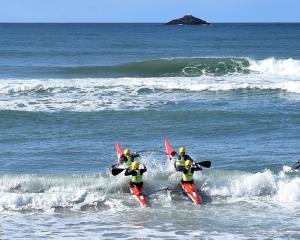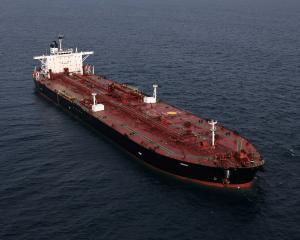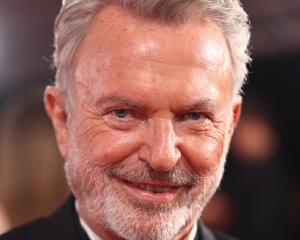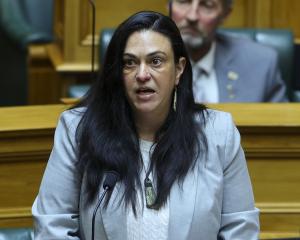Business South today unveiled its 10-year investment and growth plan "Invest Ōtepoti Dunedin".
Starting in Dunedin and scaling to the wider Otago region, it proposed "a clear blueprint for sustainable economic growth" with the vision of positioning the city "as one of the most dynamic, inclusive and globally connected cities in the southern hemisphere".
The plan focused on attracting new business and investment, supporting the city’s existing enterprises and unlocking the potential of its people, research and natural assets, it said.
Business South chief executive Mike Collins said a lot of work had gone into developing the plan.
It was "quite achievable".
"The people who have proofread it have said to me, ‘look, if I didn't know anything about Dunedin, I'd want to come and check it all out after reading this’.

"There's a lot of entrepreneurs out there in our city and they're not afraid to take risks, so I think the goals we've set in there are pretty realistic."
Among the 11 "collective aspirations" outlined were $420 million in annual tourism revenue and 15,000 high-value jobs by 2034, a $650m annual export value by 2031, and a total of 100 startups and 700 Māori-led businesses by 2029.
It also aspired to have 1300 graduates entering the workforce annually by 2029 and to secure a total of $500m in investments in infrastructure over the next 10 years to 2035.
Dedicated workgroups had been established for each of the seven focus areas listed in the plan — which included tourism, "making Ōtepoti Dunedin global", innovation and AI, and health and life sciences.
Mr Collins said the announcement coincided with this month’s local body election, so future leaders could be briefed on how they could back the plan.
It would be complementary to the work of local government, and current stakeholders were both excited and supportive of the plan.
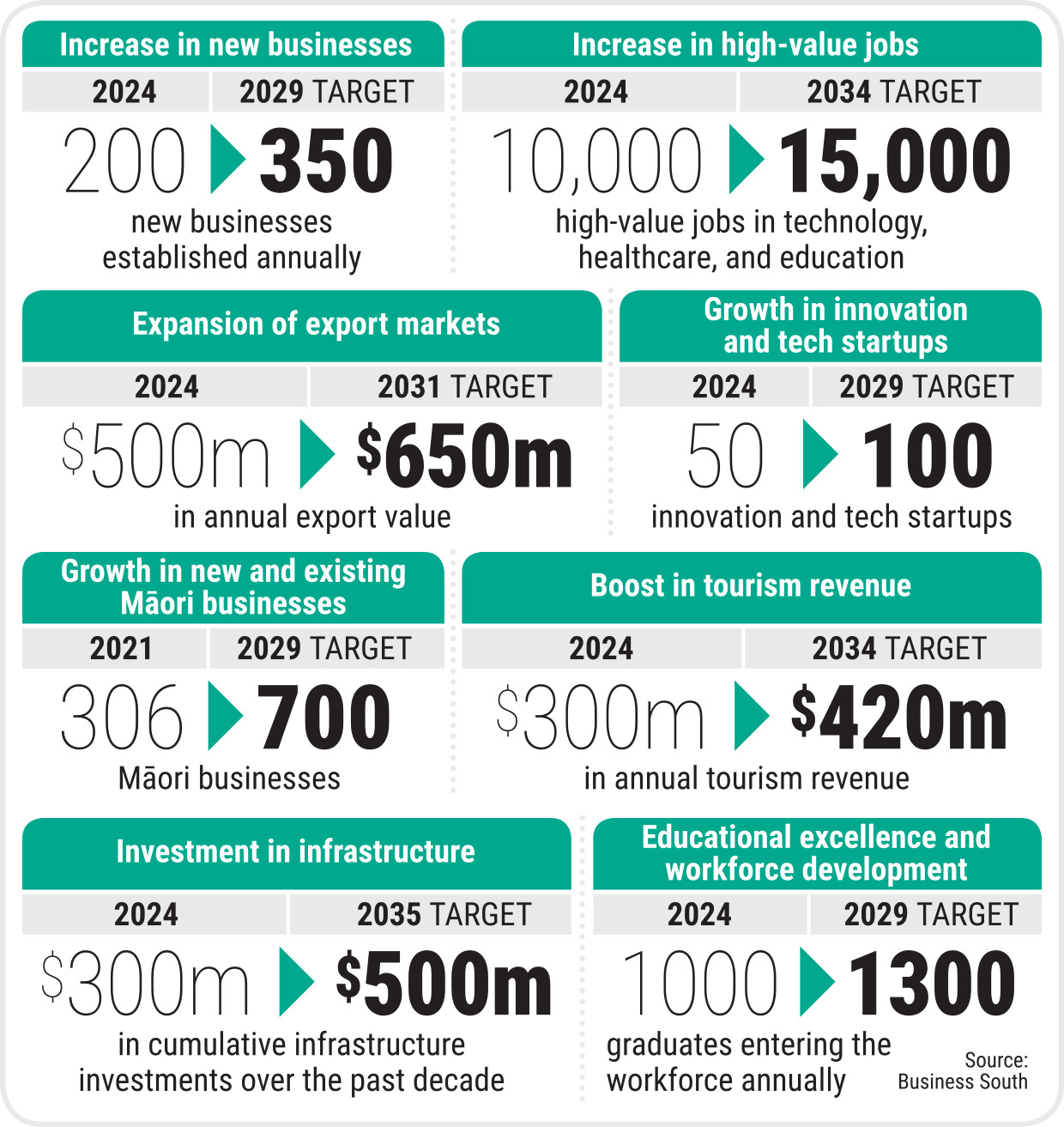
"I think Dunedin was just sitting here going — which we're really good at — going to the pub and saying how much opportunity we've got and doing nothing about it.
"Actually, enough is enough — let’s do something about this."
Dunedin had got to where it was now as a city with very little investment.
It had "so much potential" which the plan could unlock.
"If we take the expertise we've got in the city, with some investment, who knows what we can actually achieve?"




